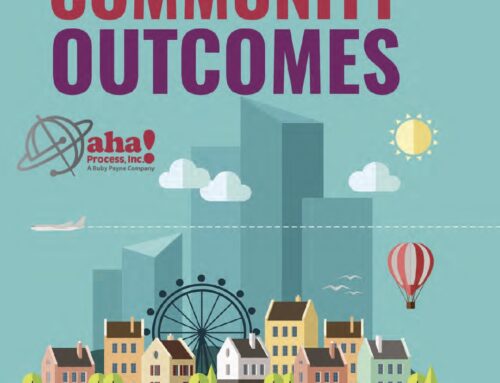Our students are, in many ways, like puzzles. Almost all are born with the “pieces” needed to sustain lifelong motivational tendencies. Many grow up in environments that enhance these tendencies. The puzzle pieces are fitted together by supportive people and circumstances.
Others, however, spend their childhood years in conditions that actually thwart natural desires to grow and achieve. Their “puzzle pieces” become misshapen and no longer “fit.”
There are many, many factors that can have a damaging effect on growth and achievement needs. For example, youngsters who are criticized repeatedly for making mistakes often become unwilling to accept challenges. They actually learn to be helpless. One simple strategy that teachers can use to combat the effects of learned helplessness is to require students to add the word “yet” to their negative statements. For example, if a student says “I can’t do this,” require her to say “I can’t do this … yet.” Another strategy is to help students to recognize their growth by pointing out to them things they can do now that they couldn’t do a week or a month ago.
We don’t have space here to discuss the many additional puzzle pieces covered during our workshop on motivation, but simple steps such as those mentioned above ultimately can create the greatest motivational factor of all – that of knowing that someone cares.
(For more information on learned helplessness, read the research of Martin E.P. Seligman from the University of Pennsylvania.)









